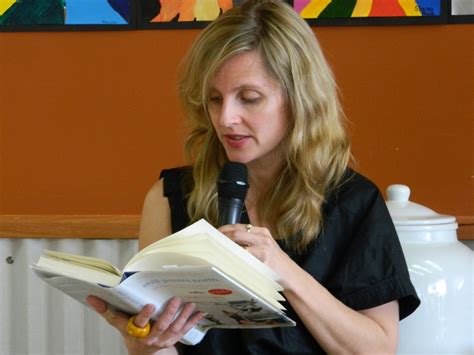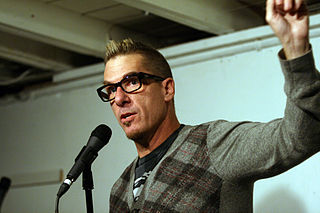A Quote by David Hume
There is a set of harmless liars, frequently to be met with in company, who deal much in the marvellous. Their usual intention is to please and entertain; but as men are most delighted with what they conceive to be the truth, these people mistake the means of pleasing, and incur universal blame.
Related Quotes
Maybe it's easier to think about dishonesty and what kind of trouble you can get into as a writer when love and honesty collide and you sidestep that collision, either because you want to protect somebody or you want to blame somebody - which are the usual impulses in love: protection and blame, frequently at the same time - so you don't exactly tell the truth.
No profession or occupation is more pleasing than the military; a profession or exercise both noble in execution (for the strongest, most generous and proudest of all virtues is true valor) and noble in its cause. No utility either more just or universal than the protection of the repose or defense of the greatness of one's country. The company and daily conversation of so many noble, young and active men cannot but be well-pleasing to you.
Prominent and influential editors, accustomed to deal with politicians, men of an infinitely lower grade, say, in their ignorance,that he acted "on the principle of revenge." They do not know the man. They must enlarge themselves to conceive of him.... They have got to conceive of a man of faith and of religious principle, and not a politician or an Indian; of a man who did not wait till he was personally interfered with or thwarted in some harmless business before he gave his life to the cause of the oppressed.
Excellent flatterers welcome attentive audiences; mighty potentates enjoy public praise. In the most pleasing situation, a flatterer would genuinely admire the flatteree, please that person, please other present company, be pleased to stagger rivals, and get something out of it: applause, promotion, a favor, reciprocal praise. Flattery is as social as a banquet.
But here's the thing about being honest: All the liars HATE you for it, and most of the people in the world are liars. They lie to their bosses, they lie to their families, they lie to themselves, they lie so much they don't even know they're lying anymore. If you have the courage to be honest even a little bit all those people will hate you for it, because their lie is reflected in your honesty. Oscar Wilde wasn't kidding when he said, "If you want to tell people the truth, make them laugh, otherwise they'll kill you."








































